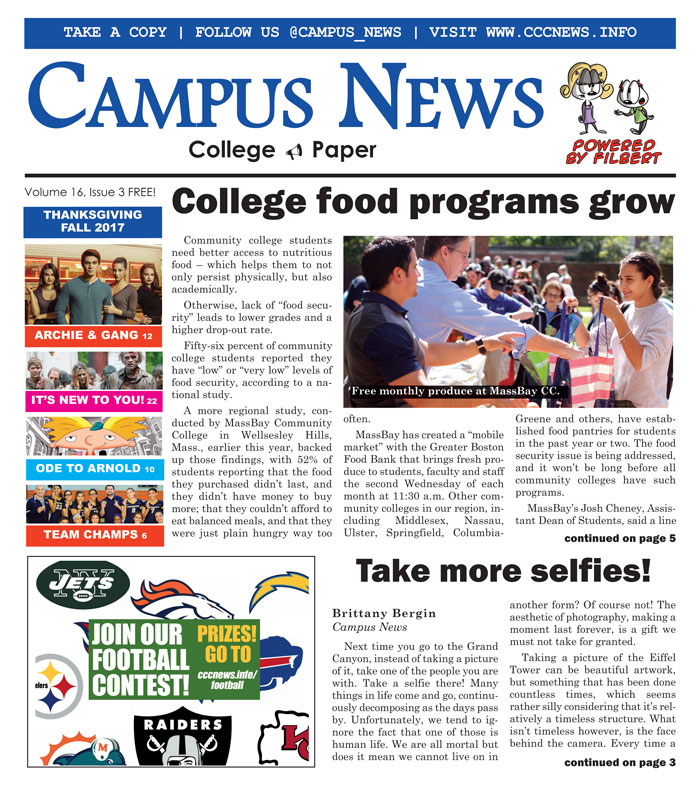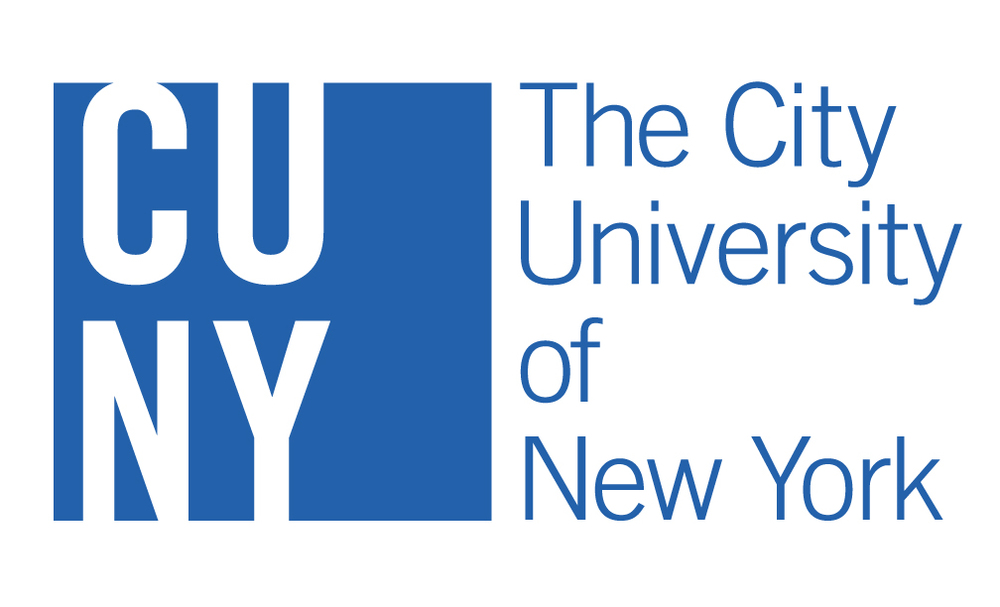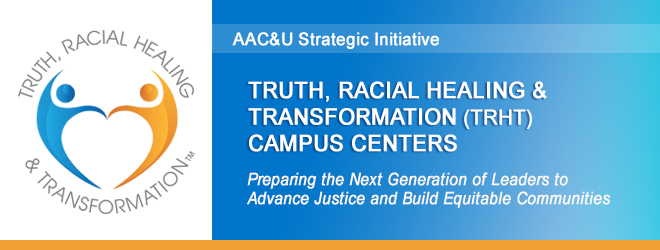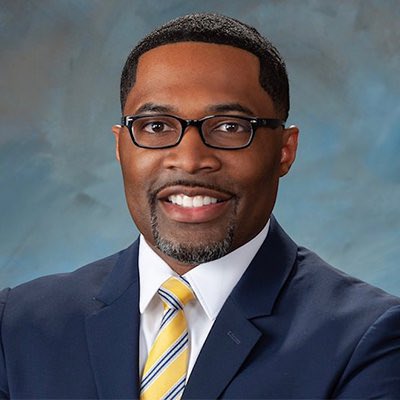Facing an exponentially growing need for qualified language interpreters, New York State’s court system is teaming up with The City University of New York to prepare multilingual students for the state’s court-interpreter screening exams, the first step in qualifying for well-paid full- and part-time jobs as court interpreters.
The Unified Court System Internship Program in Court Interpreting, piloted at LaGuardia Community College last spring with 42 students, officially launches this semester with 37 students from LaGuardia, Hunter College and John Jay College for Criminal Justice – all schools with language interpretation and translation programs. The internship program will expand to more campuses in Spring 2018.

The program offers 20- and 100-hour internships. The greatest growth is expected in the 100-hour program, which this semester has four Hunter Russian-language speakers and four John Jay Spanish-language speakers; in the spring, it is expected to draw 25 to 30 students.
“Thirty-nine percent of our students speak a native language other than English,” said Chancellor James B. Milliken. “Their ancestries trace back to more than 200 countries and regions, and they speak an astounding total of 174 languages. These internships offer an exciting way for our students to capitalize on their language skills and to benefit the city and state.”
Ann Ryan, New York State coordinator for the courts’ Office of Language Access, agreed: “The students see that interpreters are really helping people. When they find someone who speaks the same language, it is almost like helping a kindred spirit,” she said.
In 2009, courts in New York provided interpreters in 95 languages. In 2013, that grew to 108 languages and in the past 12 months to 119 languages among all the courts in the state. Many CUNY students could help meet the need for interpreters because they speak a language other than English as either their first language or heritage language. At LaGuardia Community College alone, students speak languages including Spanish, Polish, Pashtu, Urdu, Thai, Bengali, Nepali, Korean, Japanese and Chinese.
New York’s court system requires the provision of interpreting services in court proceedings of all types, and to all court users, including witnesses and crime victims, not only in courtrooms, but also in clerical offices and other points of contact. Yet, as the court’s 2017 “Ensuring Language Access: A Strategic Plan for the New York State Courts” makes clear, the challenge is great. Five million New York state residents speak one or more of 150 languages other than English, 2 million of whom are not fluent in English.
The greatest strain is in suburban and rural areas, the plan says, where interpreters are far less available than in cities. The CUNY internship program could help bridge the gap.
“With the New York State court system’s ever-growing need for qualified court interpreters, this unique CUNY-court system partnership offers multilingual college students supervised, hands-on interpreting experience in a court setting, serving as a gateway to rewarding career opportunities as an interpreter in the New York State courts,” said Lawrence K. Marks, Chief Administrative Judge of New York State.
The internship is offered as a 20-hour introductory program and a more comprehensive full-semester 100-hour program. It provides students with a unique opportunity to observe actual proceedings in Family, Civil and Criminal Courts while learning about the vital role court interpreters play. Interns shadow a court interpreter-mentor to learn about each court. With supervision, they may assist with interpreting in noncourtroom settings such as Help Centers and information windows. They also help in record rooms, clerks’ offices and petition rooms. In the classroom, interns also learn legal terminology, theory, protocol and the ethical responsibilities and boundaries of a court interpreter.
Interns will be encouraged to apply for the interpreting exams, the first step in qualifying to provide language services to the New York State courts. Those who pass the rigorous state exams could qualify for up to $170 for a half day and $300 for a full day translating in the courts. Click here for the state application and examination information.
CUNY’s interns are enthusiastic.
Aziza Babaeva, one of four students from Hunter College’s Russian translation program taking part in the internship, was born in Uzbekistan and came to the United States at age 9. English is her third language after Tajik and Russian. She is studying for a bachelor’s degree in Russian translation. “Interpreting is a whole new skill,” she said. “You have to listen, think and speak at the same time.” She plans to go to medical school, but nonetheless she intends to take the Russian interpreting exam to qualify for the per diem court jobs. The internship was key to her decision. “This is an amazing program, and the mentors are amazing. They are willing to share so much of what they know.
Brandon Martinez, a John Jay College student majoring in criminal justice and Spanish, was in the 20-hour internship program and liked it so much he enrolled in the 100-hour internship. Although his goal is still to be a police officer, “I would also like to be a per diem Spanish-to-English translator in Criminal Court.” Born in the U.S. and raised in the Dominican Republic, he is fluent in both languages.
Maria Vanessa Maldonado, who came from Argentina when she was 16, is finishing a certificate program in legal translation at John Jay this semester after graduating in May as a law and society major with a minor in anthropology. “I never knew this could be a career, and I love it,” she said. In order to pay for college, she has been running a small cleaning business. “Now when I get dressed up to go to court, my 12-year-old daughter brags about it.”
Each year, the New York State courts provide interpreters in more than 100 languages. To ensure that everyone has equal access to the legal proceedings, the court system offers foreign and sign language interpreters regardless of the type of case or the economic status of the person in need of interpreting services. The courts hire interpreters to provide language services for trials, conferences and interviews in the courtroom and in other settings. Interpreters may also be called upon to translate medical and legal documents, certificates, letters and other written materials.





Facebook Comments